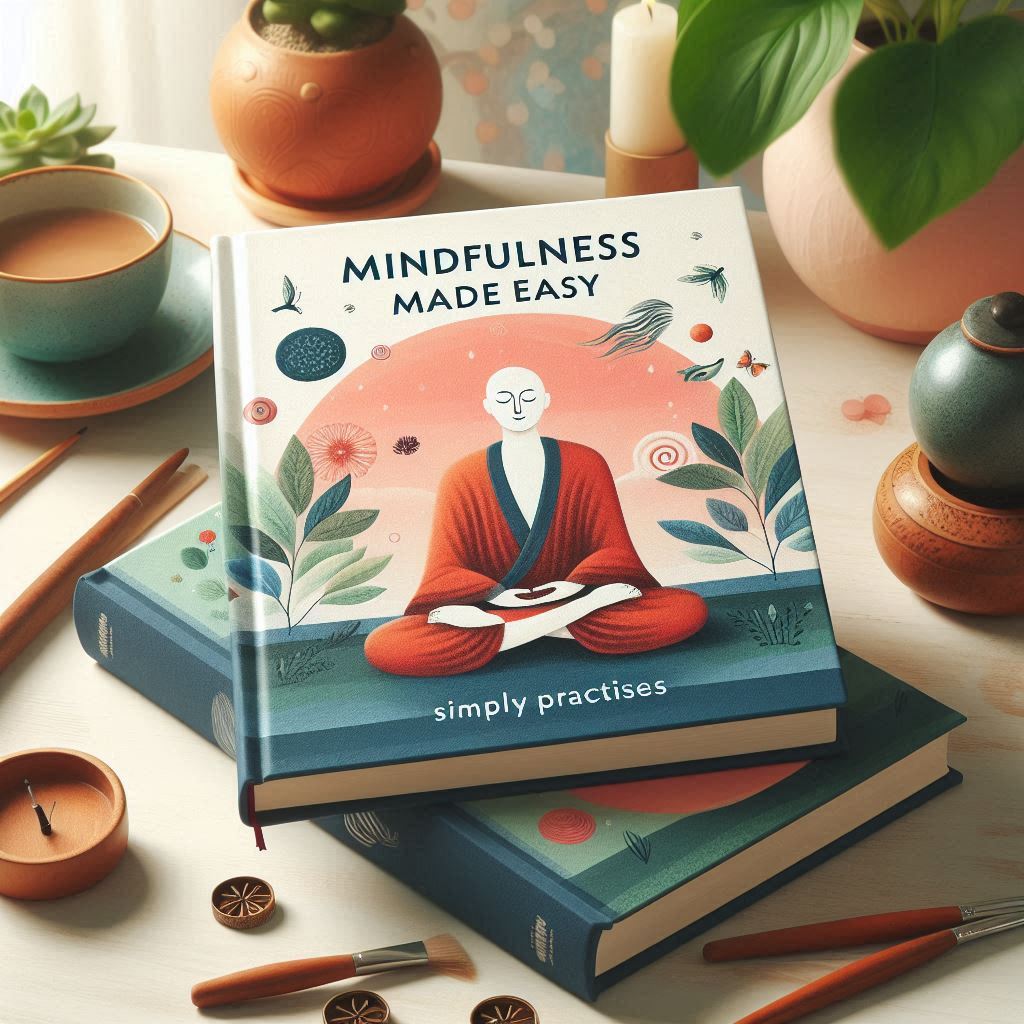Have you ever felt like your life is rushing by, leaving little room for you to just be?In today’s fast-paced world, it’s easy to feel like life is a relentless treadmill. Work deadlines, family responsibilities, and endless notifications can leave us feeling drained and disconnected. But what if you could reclaim moments of calm and clarity—even in the middle of your busiest days? The answer lies in mindfulness, a practice that doesn’t require hours of meditation or dramatic lifestyle changes.
What is Mindfulness?
At its core, mindfulness is the act of paying full attention to the present moment without judgment. It’s about tuning into your surroundings, your thoughts, and your emotions with curiosity rather than criticism. Research has shown that mindfulness can reduce stress, enhance focus, and improve overall well-being.Here’s the good news: mindfulness doesn’t have to be complicated or time-consuming. Below, we’ll explore simple, practical techniques you can incorporate into your busy life to bring more peace and presence into your days.1. The One-Minute Breath Break
No matter how packed your schedule is, you can spare one minute. Try this:- Sit comfortably or stand still.
- Close your eyes if you can (or simply lower your gaze).
- Take slow, deep breaths. Inhale for four counts, hold for four counts, and exhale for four counts.
- Repeat for 60 seconds.
2. Mindful Eating
How often do you rush through meals, barely tasting your food? Instead, try mindful eating:- Start by observing your meal—the colors, textures, and smells.
- Take a small bite and chew slowly, savoring the flavors.
- Notice how the food feels as you chew and swallow.
3. Anchor Yourself to the Present with a Sensory Check-In
Feeling overwhelmed? Use your senses to ground yourself. Ask:- What are 5 things I can see?
- What are 4 things I can touch?
- What are 3 things I can hear?
- What are 2 things I can smell?
- What is 1 thing I can taste?
4. Practice Gratitude Daily
Before you start your day or head to bed, pause and reflect on three things you’re grateful for. They can be as simple as a hot cup of coffee, a kind word from a colleague, or even the warmth of your blanket. Writing these down can amplify the benefits, creating a habit of positivity.5. Turn Daily Tasks into Mindful Moments
Mindfulness doesn’t require extra time—it’s about bringing presence to what you’re already doing. For instance:- While washing dishes, feel the warmth of the water and the texture of the soap bubbles.
- During your commute, notice the sounds, sights, and sensations around you.
- As you brush your teeth, focus on the taste of the toothpaste and the sensation of the bristles.
Why Mindfulness Matters
Mindfulness isn’t just about relaxation; it’s about reclaiming your attention and living a fuller, more intentional life. When practiced regularly, it can reduce anxiety, improve focus, and enhance emotional resilience.Even as life gets busier, these small, simple mindfulness practices can make a big difference. Start with just one technique, and notice how it transforms your day.References
- Kabat-Zinn, J. (2013). Full Catastrophe Living: Using the Wisdom of Your Body and Mind to Face Stress, Pain, and Illness. Bantam Books.
- Creswell, J. D. (2017). Mindfulness Interventions. Annual Review of Psychology, 68(1), 491–516. DOI:10.1146/annurev-psych-042716-051139
- Tang, Y.-Y., Hölzel, B. K., & Posner, M. I. (2015). The Neuroscience of Mindfulness Meditation. Nature Reviews Neuroscience, 16(4), 213–225. DOI:10.1038/nrn3916
- Garland, E. L., & Howard, M. O. (2018). Mindfulness-based interventions for addiction: Past, present, and future. Addiction Science & Clinical Practice, 13, 13. DOI:10.1186/s13722-018-0115-3
